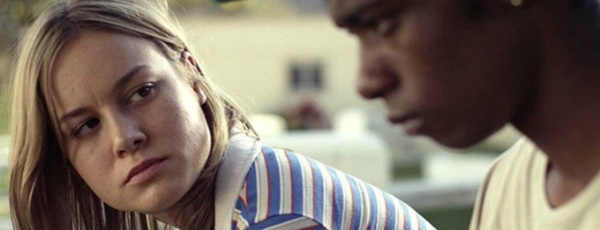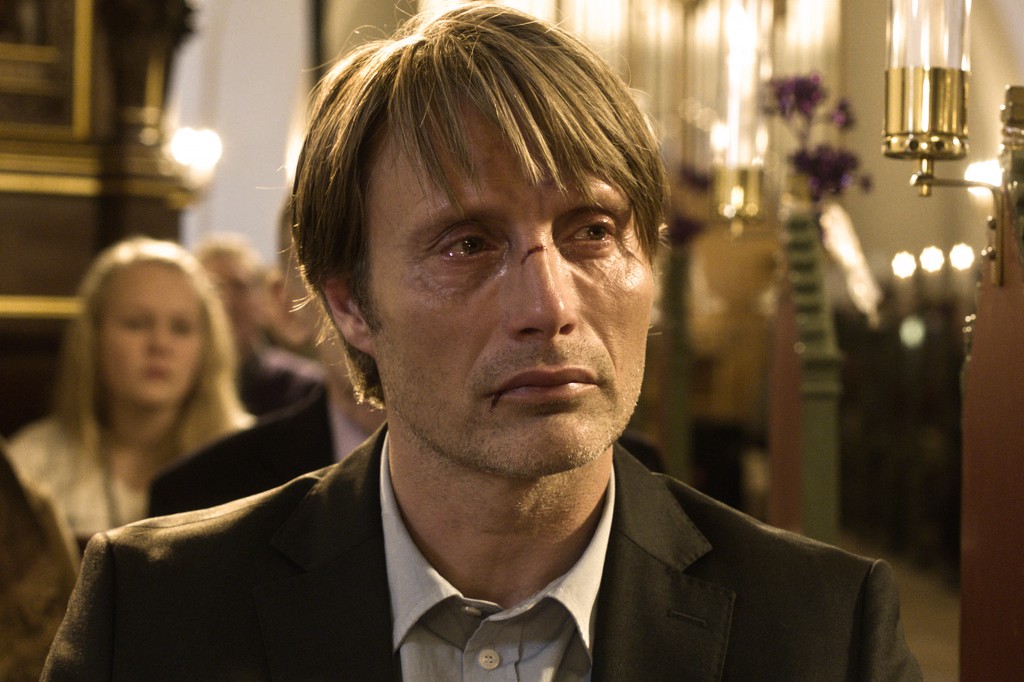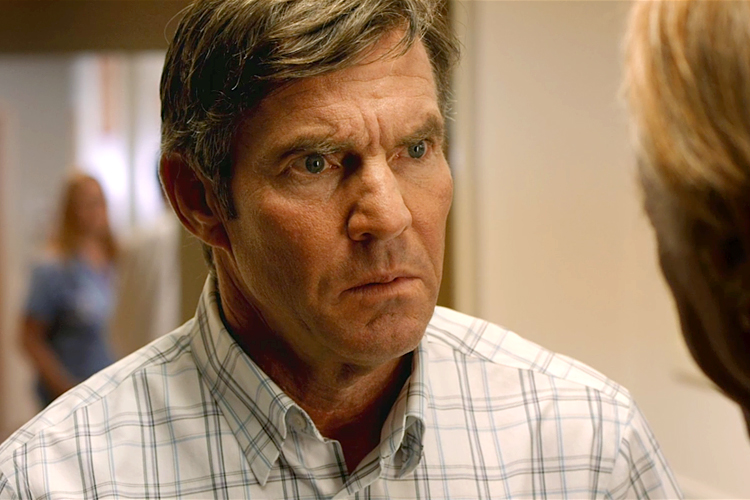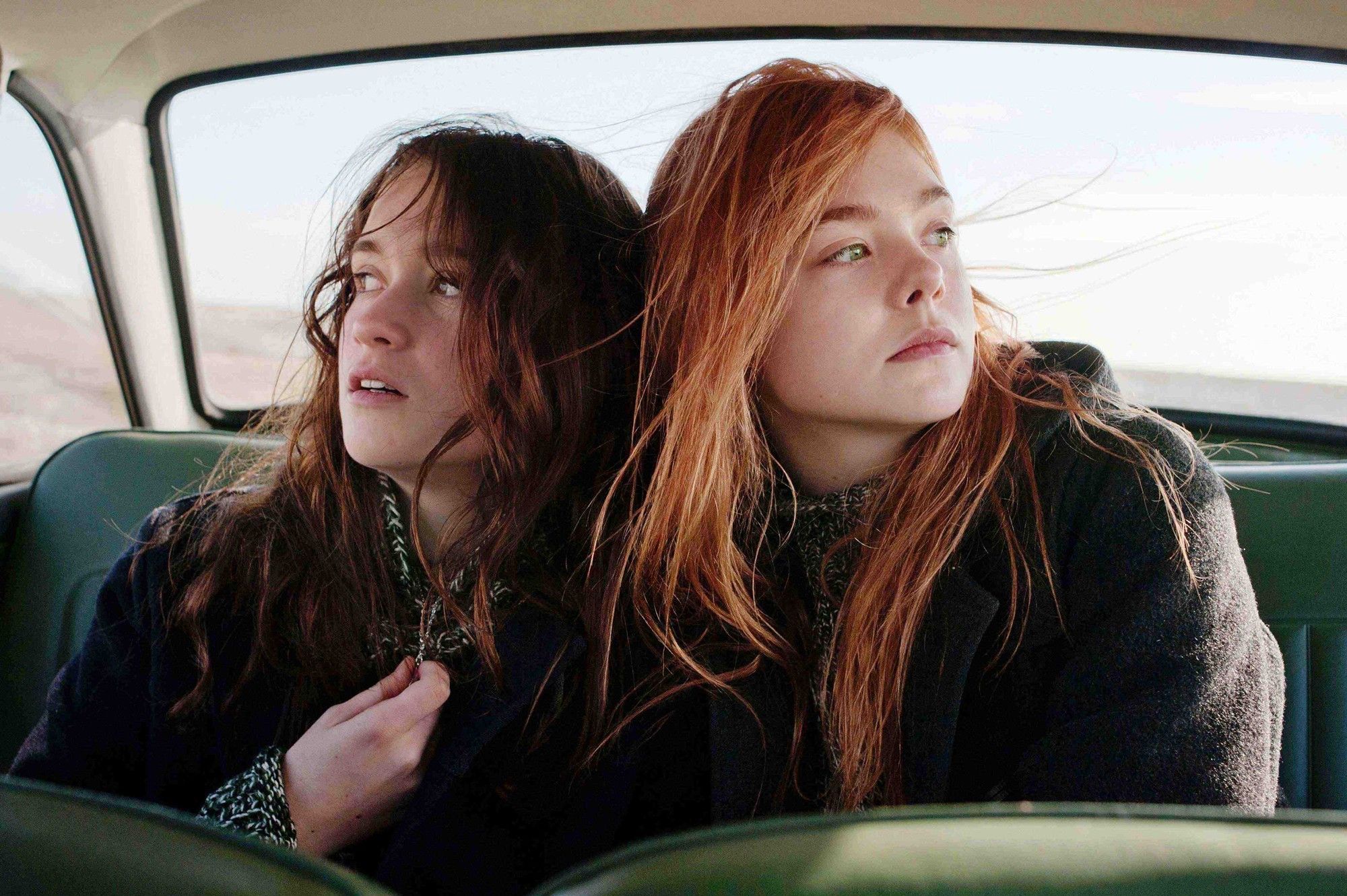
Here’s number 7 on my Best Movies of 2013. The compelling and affecting Short Term 12 is set in a foster care facility unit named Short Term 12; since the kids can live there for years, it seems pretty long-term to me. These are kids who have suffered abuse and neglect and who act out with disruptive and dangerous behaviors. Runaways, assaults and suicide attempts are commonplace, and some of the kids thrive on creating drama.
The gifted lead counselor on the unit is Grace (Brie Larson), who isn’t much older than the kids. She’s kind of a Troubled Kid Whisperer who, in each impossible situation, knows exactly what to do to defuse or comfort or protect. But while she is in total command of her volatile and fragile charges, she is profoundly troubled herself. She and her boyfriend Mason (John Gallagher Jr.), who also works on the unit, are themselves survivors and former foster youth. Mason seems to have resolved his issues, but Grace’s demons lurk just under her skin.
In Short Term 12’s taut 96 minutes, we watch Grace navigate through crisis after crisis until she must face her own. We share many of the most powerful moments in 2013 cinema, particularly one kid’s unexpectedly painful insightful and sensitive rap, another kid’s authoring a wrenching children’s story and Grace’s own outburst of ferocity to protect a kid from a parent.
Brie Larson’s performance as Grace is being widely and justifiably described as star-making, and I think she deserves an Oscar nomination. I noticed her performances in much smaller roles in Rampart and The Spectacular Now , and I’m really looking forward to the launch of a major career. Think Jennifer Lawrence.
John Gallagher Jr. must be a superb actor, because nobody in real life can be as appealing and sympathetic as his characters in Margaret, Newsroom and Short Term 12. I’ll watch any movie with Gallagher in it, and he’s almost good enough to help me stomach Newsroom.
In his debut feature, writer-director Destin Cretton has hit a home run with one of the year’s best dramas. Some might find the hopeful ending too pat, but I say So What – I have met many former foster youth who have transcended horrific childhoods to become exemplary adults.
Short Term 12 is available on DVD from Netflix and streaming from Netflix Instant, Amazon, iTunes, Vudu, YouTube, GooglePlay and Xbox Video.



